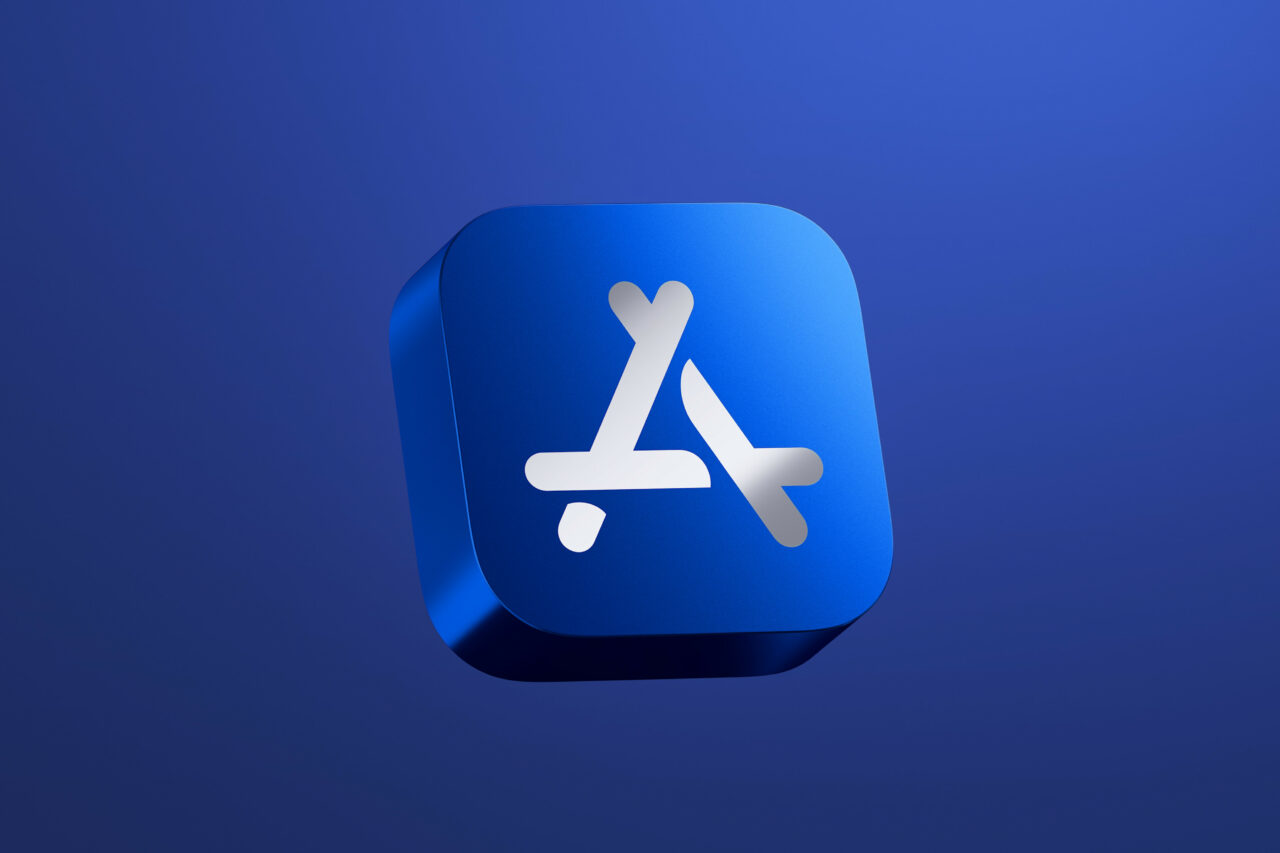

In a move that could reshape the app economy, a group of app developers has initiated a class-action lawsuit against Apple, alleging that the tech giant is failing to comply with a court order regarding alternative payment options. The suit highlights the ongoing tensions between developers and major platforms over control and commission fees within app stores.
The lawsuit, filed on May 2, 2025, by Hagens Berman on behalf of lead plaintiff Pure Sweat Basketball, Inc., accuses Apple of obstructing developers from directing users to payment methods outside its own App Store. This alleged behavior purportedly aims to safeguard Apple’s commission structure, which usually stands at 30% for in-app purchases and subscriptions. Although Apple reduced its commission to 15% for developers earning under $1 million annually in 2020, many developers contend that they should have the freedom to offer other payment methods to reduce costs and enhance customer incentives.
Hagens Berman estimates that more than 100,000 developers may have incurred unnecessary commission fees due to Apple’s actions, raising significant implications for the wider developer community.
This legal battle echoes a similar high-profile dispute between Apple and Epic Games, the maker of Fortnite. In 2021, a judge ordered Apple to revise its payment practices, yet the recent lawsuit claims that the company is still not adhering to this directive. The ongoing conflict is emblematic of a larger industry debate: the balance of power between platform owners and app developers.
Regulatory dynamics are also shifting globally. For instance, Europe’s Digital Markets Act (DMA) is pushing major companies like Apple to adapt their app store regulations, including the potential for alternative app stores and payment systems. While the current U.S. lawsuit is distinct, it reflects an emerging trend toward greater freedom for developers in how they monetize their applications.
As this legal battle unfolds, the outcomes could significantly impact the retail landscape, particularly in the app economy. Should the courts favor developers, it may trigger wider adoption of alternative payment models, enhancing competition and potentially leading to lower costs for consumers.